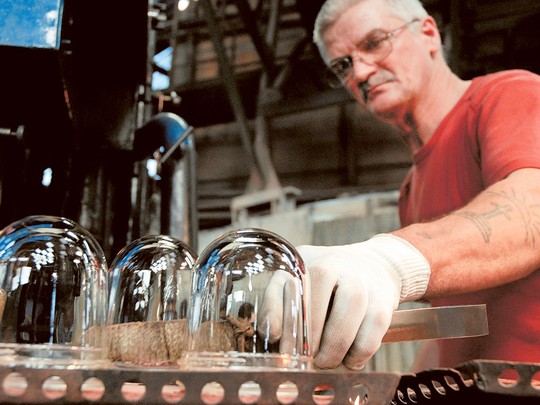
Small and medium sized enterprises (SMEs) have often been the unsung drivers of growth and jobs in the global economy. But an even more underestimated community is the network of trade and investment promotion organisations (TPO) which support and develop these small businesses into enterprises ready to go to the international markets.
SMEs are the backbone of many economies, numbering more than 90 per cent of businesses in many countries. This is especially true in the developing world where they employ the greatest number of people and are the largest potential sources for diversification and innovation.
This will continue in the future. It is estimated that the vast majority of the estimated 500 million new jobs needed by 2030 will be created by SMEs.
If SMEs are the future engines of growth how do we ensure they have the support they need, nationally and regionally, to exploit their potential? International Trade Centre’s mandate is squarely on fostering competitiveness and promoting internationalisation of these enterprises. But to do that, the ITC needs partners in-country.
This is where the comparative advantage of TPOs lies. Their role as agents of change and multipliers on the ground is critical.
TPOs will explore ways in which they can maximise the value addition for their clients by stimulating trade, growth and jobs. It is clear that the work of these TPOs is making a difference. We know that $1 of investment in a TPO can generate more than $40 of exports from that country.
Many trade promotion organisations are expanding the scope of their work by addressing issues related to investment. As the world becomes more interlinked and technology and transportation brings supply and markets closer together, the role of inward and outward investment as an igniter of trade and innovation is increasingly being recognised.
Research shows that trade and investment promotion are becoming more intertwined in an operational sense with over 60 per cent of trade promotion bodies being merged with investment promotion agencies since 2000.
This shift reflects the new trade landscape. Supply chain networks have brought cross-border movement of capital and know-how. The global value of foreign direct investment grew more than six times between 1990 and 2012, while trade rose 3.5 per cent. Better managing the links between trade and investment will therefore be high on the World Trade Promotion Organisation’s agenda.
The way in which production happens and the manner in which TPOs can assist SMEs is also changing. Services are well recognised as the next frontier for developing countries.
But being less visible, they can be challenging to accommodate. The reality is actually quite the opposite.
The “servicification” of production means that services today are embedded in all areas of the production chain — from manufacturing to distribution and from research to marketing. With technology evolving, modernising the way that TPOs work with SMEs around the concept of a digital platform is the route of the future.
There is much that TPOs can share with each other on how this can best be achieved in a sustainable way.
The power of branding, too, makes a fundamental difference in adding value for SMEs and for the TPOs that support them. The world’s Top 100 brands have increased in value by 66 per cent in the past six years, with 20 of them from Brazil, Russia, India and China alone.
TPOs have played a role in this transformation through country and industry sector branding, and they continue to extend their branding services to reach more SMEs, as they help them capture added value and consumer demand.
SMEs also suffer disproportionately when the business environment is not favourable, and TPOs have an essential advocacy role to ensure that the voice of business is heard in the reform process. This is a timely opportunity to reinforce SMEs’ capacity to comply with cross-border requirements and trade facilitation reforms and to better benefit from them.
The writer is Executive Director, International Trade Centre.












